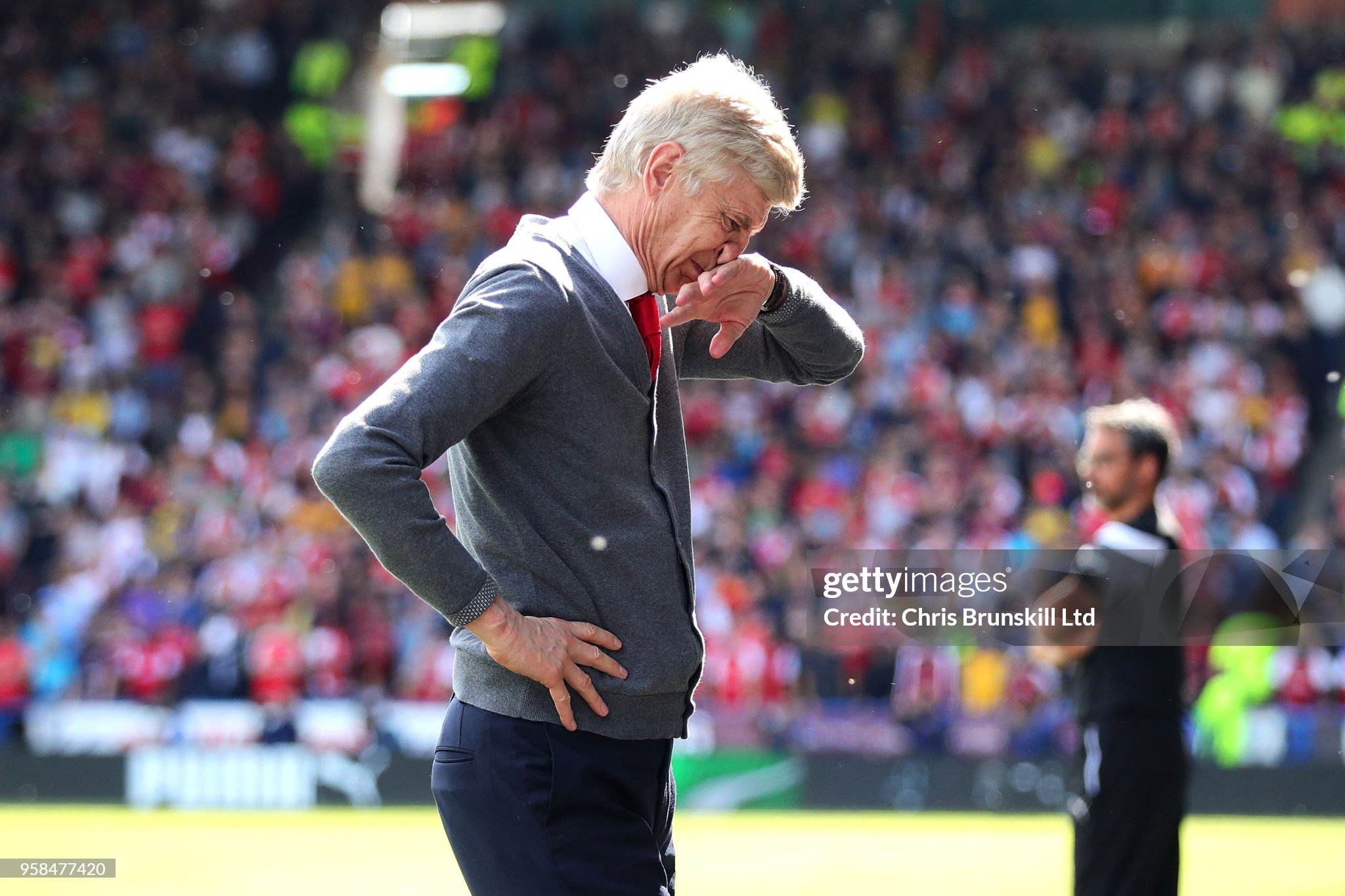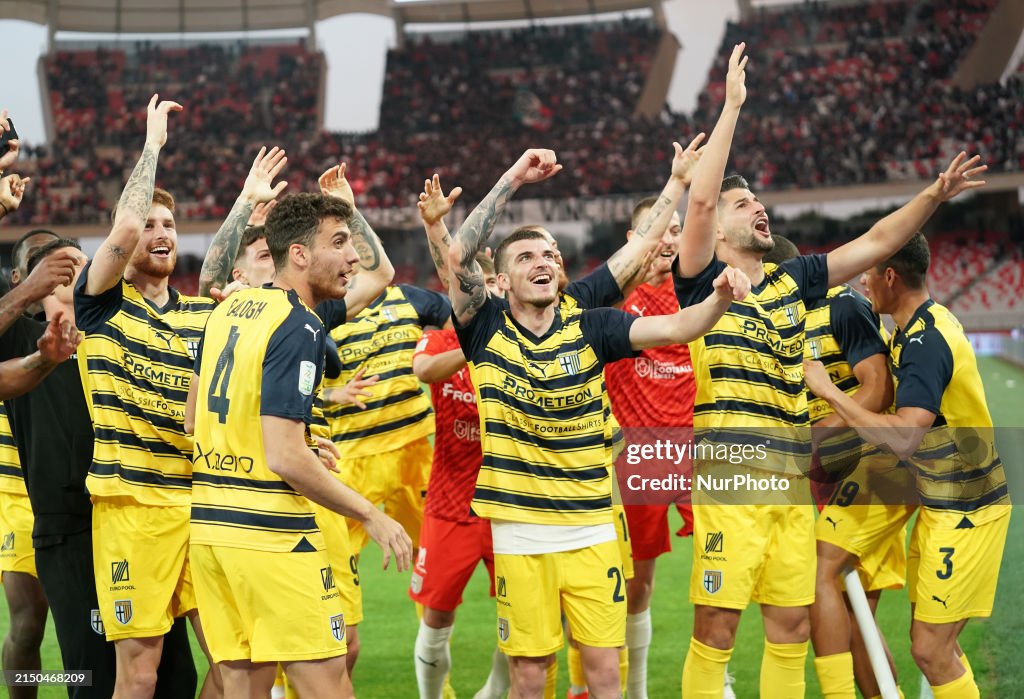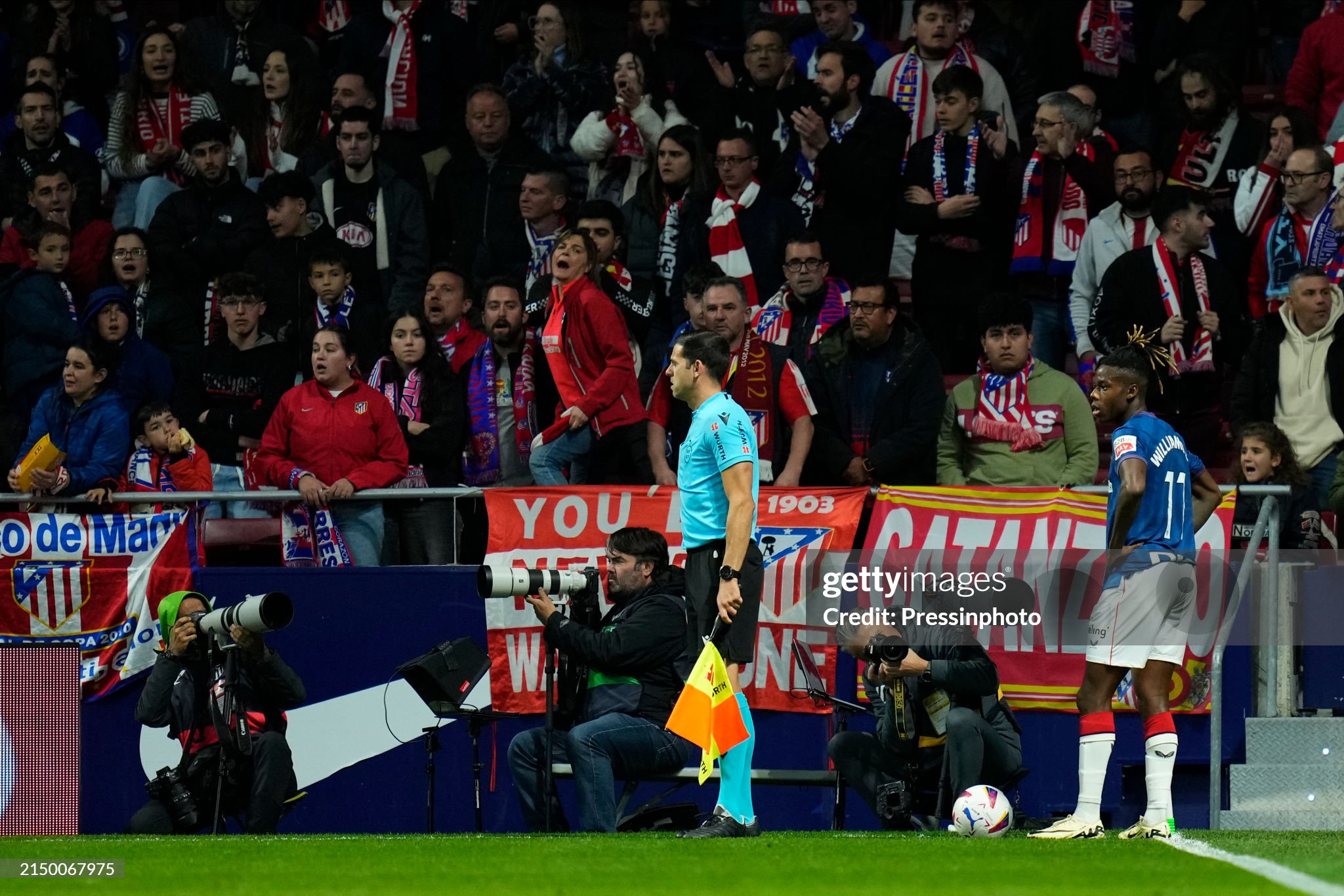Today (Friday) marks exactly ten years since Arsène Wenger's thousandth game turned into a complete nightmare. What should have been a celebratory match ended in a 6-0 (!) defeat at the hands of The Blues. This significantly soured his already strained relationship with José Mourinho.
The 6-0 defeat that marked Arsène Wenger's thousandth game in charge of Arsenal against Chelsea under José Mourinho's stewardship did more than just contribute to the statistics of football rivalries; it underscored the emotional and psychological dimensions that accompany the sport at its highest levels.
Wenger, a manager renowned for his philosophy of playing attractive football and nurturing young talent, found his milestone marred by a result that seemed antithetical to everything he had worked towards. This wasn't just a loss in terms of goals; it was a moment that tested Wenger's resilience and his unwavering commitment to his principles in the face of adversity.
Mourinho, often characterized by his tactical astuteness and a pragmatic approach to winning at all costs, presented the antithesis to Wenger's ideals. Their rivalry was not just personal; it was a clash of footballing philosophies, making every encounter between the two a much-anticipated event. The narratives that emerged from their meetings filled with psychological battles, sharp wit, and occasional acrimony added a layer of intrigue to the Premier League, captivating fans and neutrals alike.
The aftermath of the devastating loss brought introspection and a rallying cry within the Arsenal camp. Wenger, ever the stoic figure, faced criticism but also demonstrated a remarkable capacity for resilience. The defeat, while a significant blot on his record, also highlighted Wenger's steadfastness in the face of public scrutiny and his dedication to his club's ethos. It was a test of character not just for Wenger but for the entire Arsenal team, which had to regroup and refocus on their objectives for the season.
The impact of the game extended beyond the immediate reactions and analyses. It served as a catalyst for discussions about the future direction of Arsenal, Wenger's legacy, and the nature of competition in the Premier League. Wenger's journey with Arsenal was a testament to the belief that success in football is not solely measured by trophies but also by the impact one has on the game's development, the cultivation of talent, and the adherence to a style of play that inspires both players and fans.
In retrospect, Wenger's thousandth game, despite its outcome, can be seen as a reflection of football's unpredictable nature, where triumph and tribulation are two sides of the same coin. It underscored the emotional investment of managers, players, and fans in the beautiful game and how, on any given day, the underdogs can upset the giants, or moments of despair can lead to periods of reflection and growth. Wenger's legacy, thus, is not tarnished by this single defeat but is instead enriched by the way he navigated the challenges, stayed true to his vision, and continued to contribute to football with dignity and grace.
As the years have passed, the rivalry between Wenger and Mourinho has cooled, with both managers acknowledging mutual respect for each other's achievements. The fierce battles of the past have given way to a recognition of their shared contributions to the narrative of modern football. Wenger's thousandth game, with all its drama and disappointment, remains a poignant chapter in the larger story of his career a career defined by perseverance, innovation, and an unwavering love for the game.








